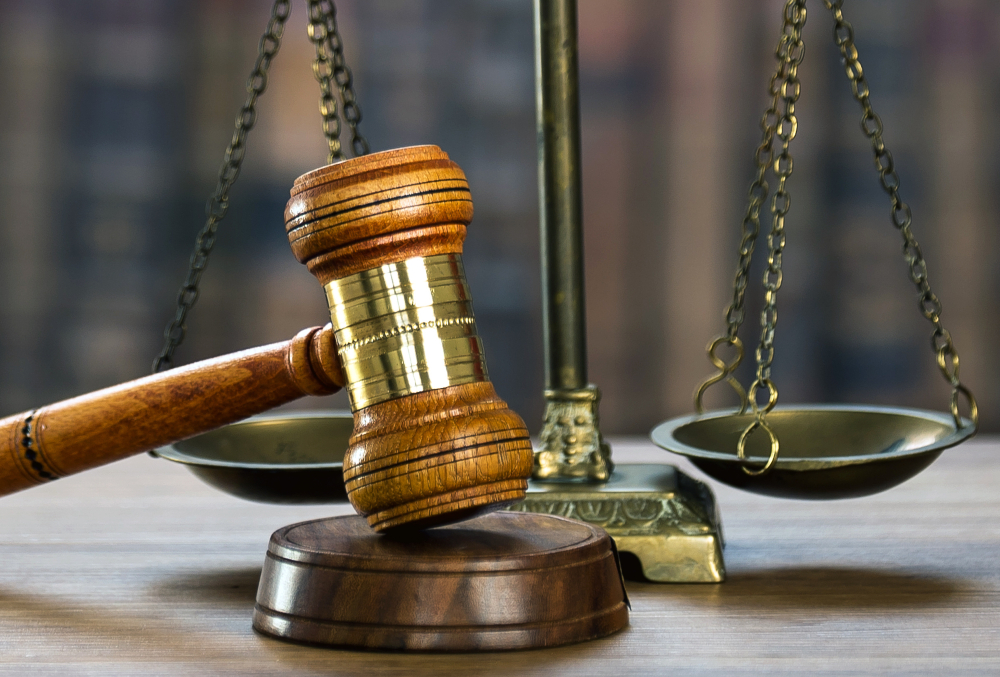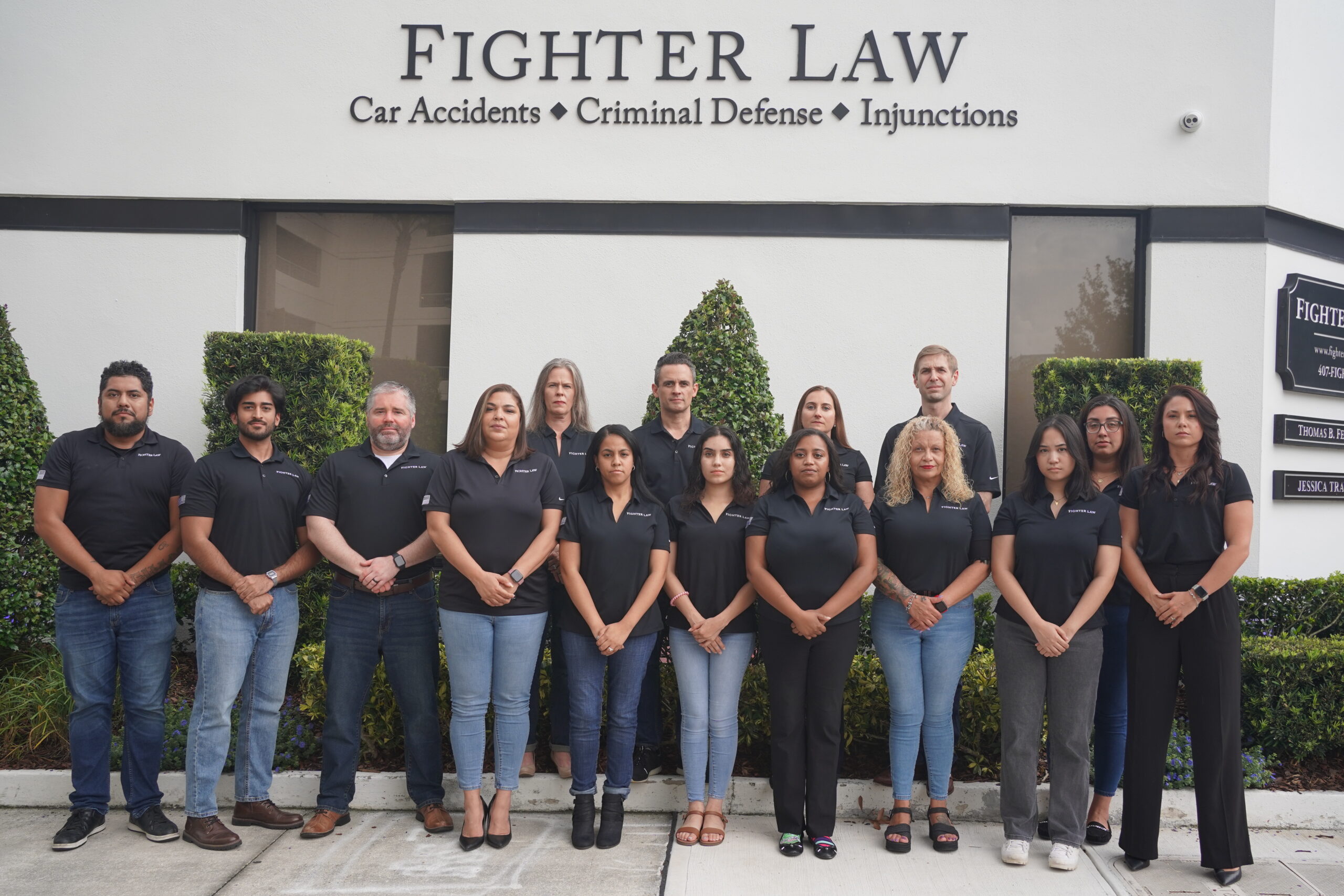Stalking Restraining Order and Injunction Lawyer

If you’re searching for a stalking restraining order and injunction lawyer or a cyber harassment lawyer near me in Orlando, you’re in the right place. At Fighter Law, our attorneys handle all types of harassment cases including cyberstalking, online threats, and repeated digital harassment. Whether you’re seeking a protective order or defending against false accusations, we’re here to help.
What Is a Stalking Restraining Order or Injunction in Florida?
A stalking restraining order — formally called an injunction — is a court order that protects someone from repeated harassment or unwanted contact. Florida Statute 784.048 defines stalking as a pattern of behavior that causes substantial emotional distress. This includes unwanted text messages, social media harassment, following someone, or showing up uninvited.
The court may issue a temporary injunction within hours of your petition. A hearing is then scheduled within 15 days to determine whether a permanent order should be issued.
Learn more about temporary injunctions here.
If you are facing online abuse or electronic intimidation, our cyber harassment lawyers can take action to protect you legally and emotionally. We represent clients who are targeted through social platforms, email, and location tracking apps.
For now, the quickest and best legal advice is to record, record, record. Judges love seeing photos of videos of the person stalking you or harassing you – whether that’s in person or online. Screenshots are good, too. The more you document, the better chances you have – whether you’re trying to get an injunction or defend against one!
How Much Does a Stalking Injunction Cost in Florida?
There is no filing fee to request a stalking injunction in Florida. The court waives filing costs for stalking, domestic violence, and dating violence cases. However, if you choose to hire an attorney, legal fees may apply. Fighter Law offers free consultations to help you evaluate your options.
What Is the Burden of Proof for a Stalking Injunction in Florida?
To grant a stalking injunction, the court must find that the petitioner has proven their case by a preponderance of the evidence. This means the judge must believe it is more likely than not that the respondent committed at least two acts of stalking that caused emotional distress.
Can You Sue Someone for Stalking in Florida?
Yes. Victims of stalking in Florida can file a lawsuit seeking damages. You may recover costs related to emotional trauma, missed work, legal fees, and other losses caused by the harassment.
Firearm Possession and Injunctions
Florida law allows the court to temporarily restrict your firearm rights if it issues a final stalking injunction. Temporary injunctions, however, do not automatically carry this restriction. Judges and law enforcement sometimes misapply this rule.
If a temporary order takes away your right to own a firearm, our attorneys can file a motion to have that restriction lifted. (See Dean v. Bevis, 46 Fla. L. Weekly D1314a.)
free case evaluation
Fill out the form below for an free evaluation of your case.





Practice Areas
Learn more about our services in Criminal Defense, Personal Injury, and Injunctions.

We Fight for Outstanding Case Results
We are driven to get you results. Review the outcomes on recent cases we've handled.


